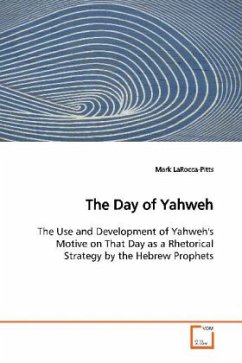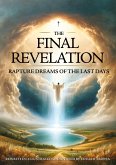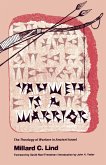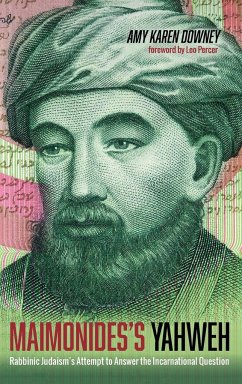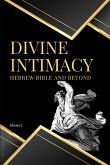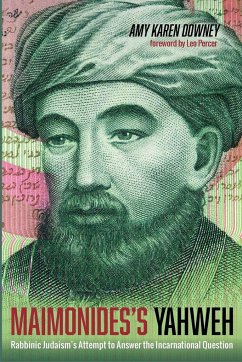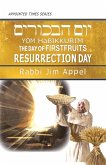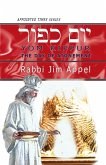Understanding the Day of Yahweh lies in its use and
development and not in its origin. The prophets
employed the Day of Yahweh as a rhetorical strategy
to address specific situations. Using Kenneth Burke,
especially his pentadic analysis, we trace the
development of motive on the Day of Yahweh from
before the fall of Jerusalem, through its fall and
the exilic period, and into the post-exilic period.
We see that pre 587 BCE prophecies differ radically
than post 587 BCE ones and that the Day of Yahweh
as "the day Yahweh acts" fails to capture Yahweh''s
motive on that day. The origin studies ignored
this development because they focused on the
prophecies as generic expressions of an inherited
form rather than as individual expressions designed
to address unique historical situations. Our
analysis also demonstrates that as the social
location of prophecy shifted from a stable one
during pre-exilic times to an unstable one in the
post-exilic period that a corresponding shift
occurred in Yahweh s motive on the Day of Yahweh. It
is also only in the post-exilic prophecies that the
Day of Yahweh finds it full eschatological
expression.
development and not in its origin. The prophets
employed the Day of Yahweh as a rhetorical strategy
to address specific situations. Using Kenneth Burke,
especially his pentadic analysis, we trace the
development of motive on the Day of Yahweh from
before the fall of Jerusalem, through its fall and
the exilic period, and into the post-exilic period.
We see that pre 587 BCE prophecies differ radically
than post 587 BCE ones and that the Day of Yahweh
as "the day Yahweh acts" fails to capture Yahweh''s
motive on that day. The origin studies ignored
this development because they focused on the
prophecies as generic expressions of an inherited
form rather than as individual expressions designed
to address unique historical situations. Our
analysis also demonstrates that as the social
location of prophecy shifted from a stable one
during pre-exilic times to an unstable one in the
post-exilic period that a corresponding shift
occurred in Yahweh s motive on the Day of Yahweh. It
is also only in the post-exilic prophecies that the
Day of Yahweh finds it full eschatological
expression.

